In 2020, CARE responded to the COVID-19 pandemic through our community advisory groups, community workshops, and community researchers. The communities they worked in creatively developed a wide range of interventions, advocacy, and activist solutions. Please click the link below to explore the White Papers, OpEds and Lectures addressing COVID-19 based on the three key tenets of the CCA.
WHITE PAPERS
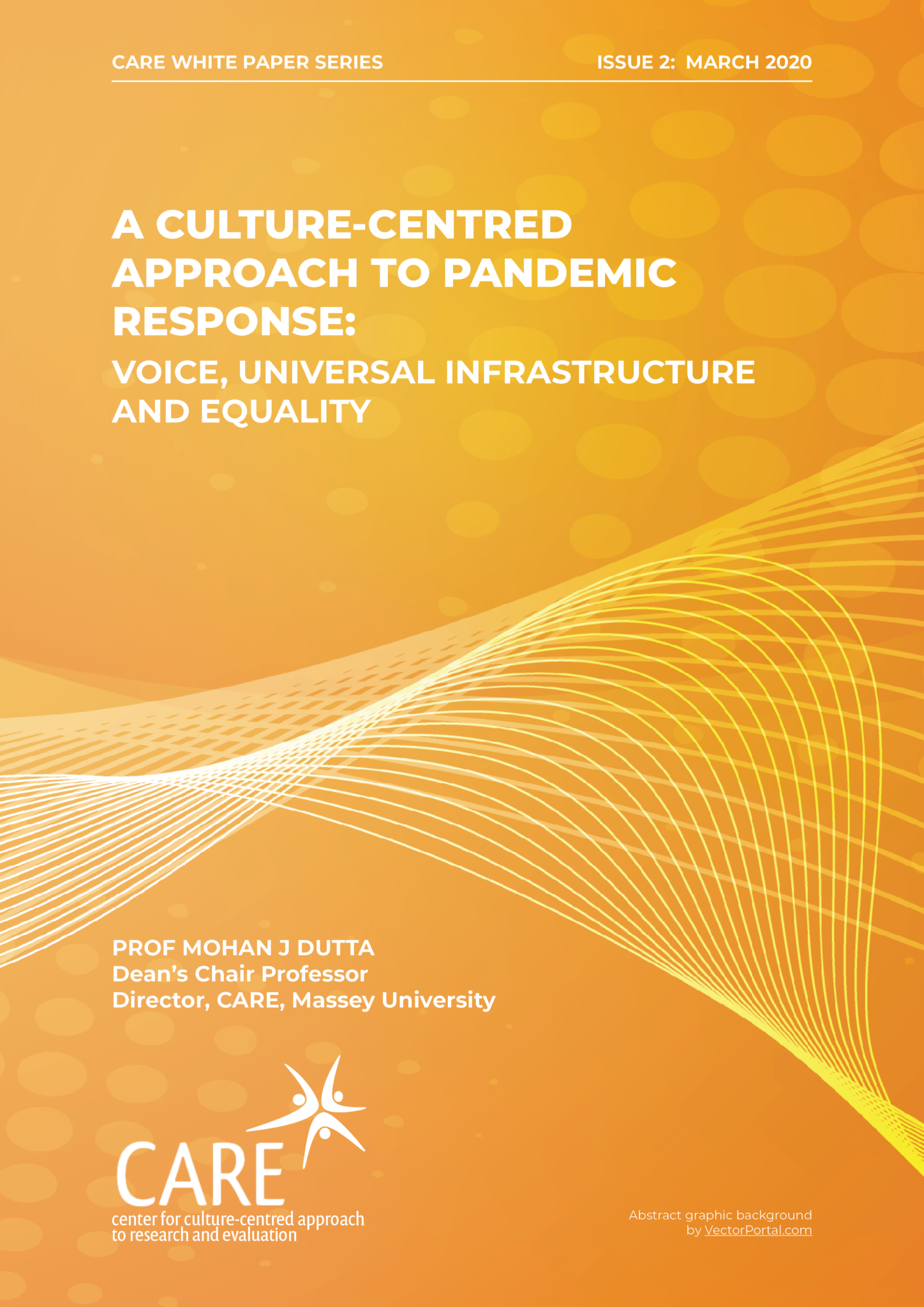
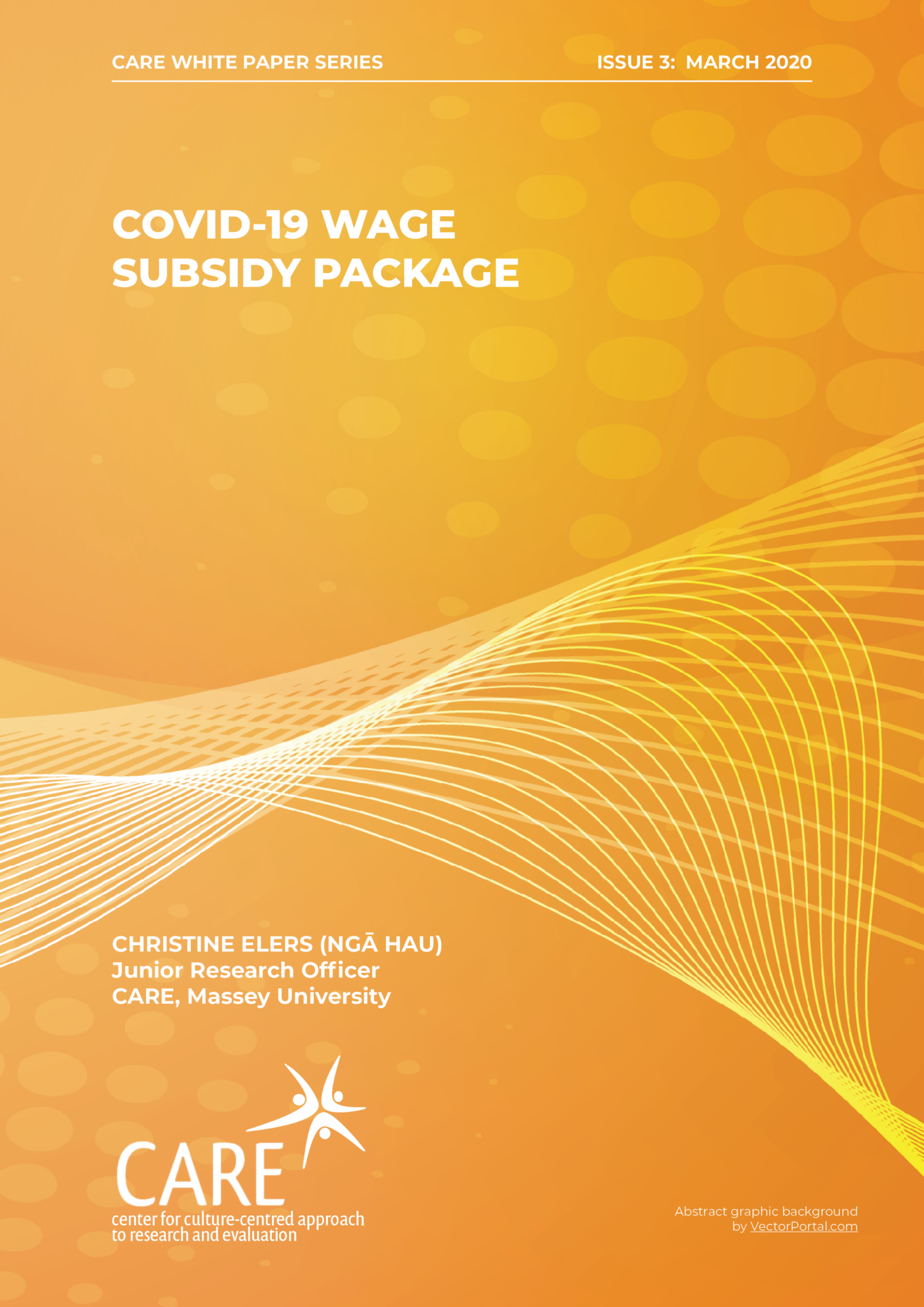
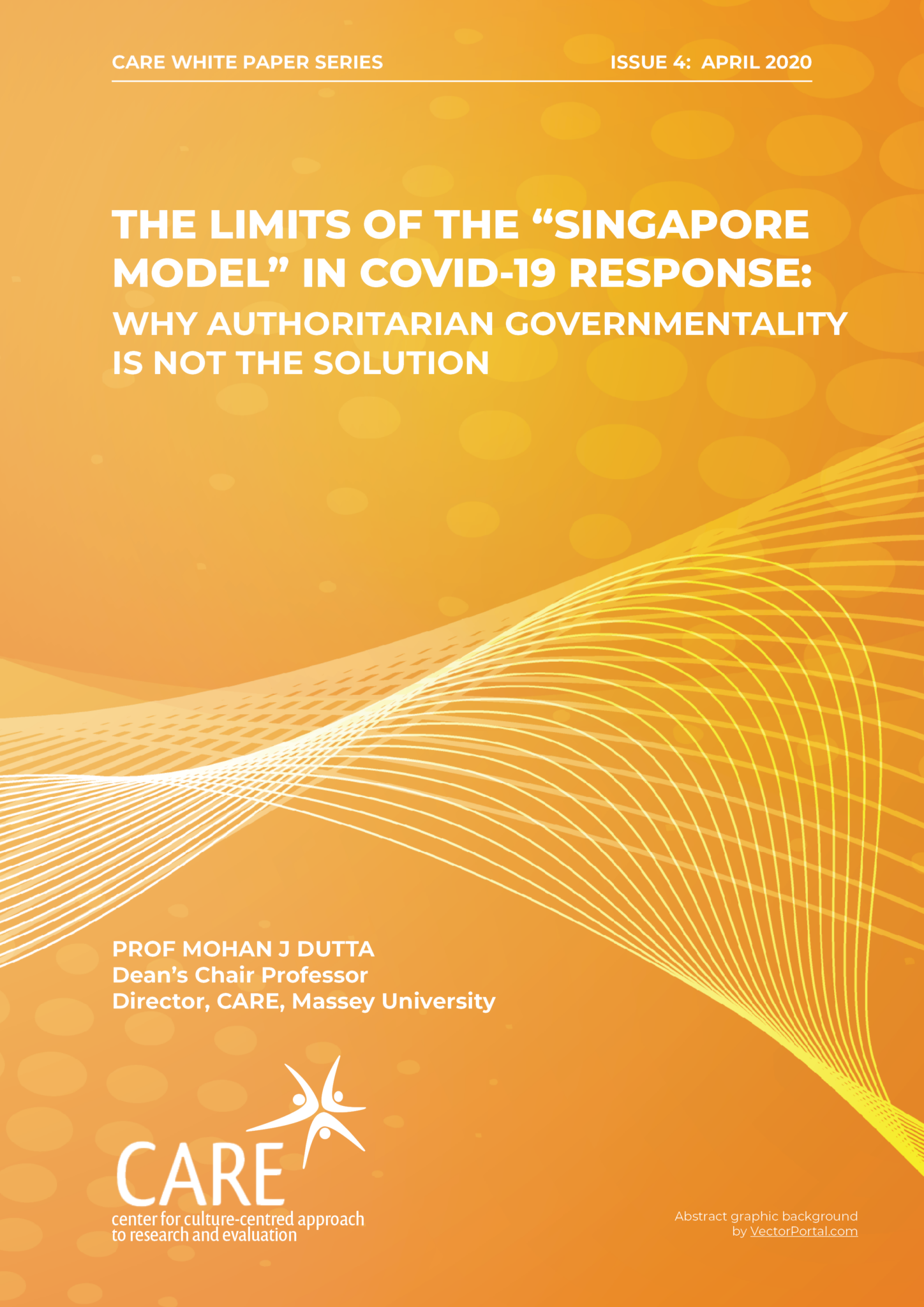
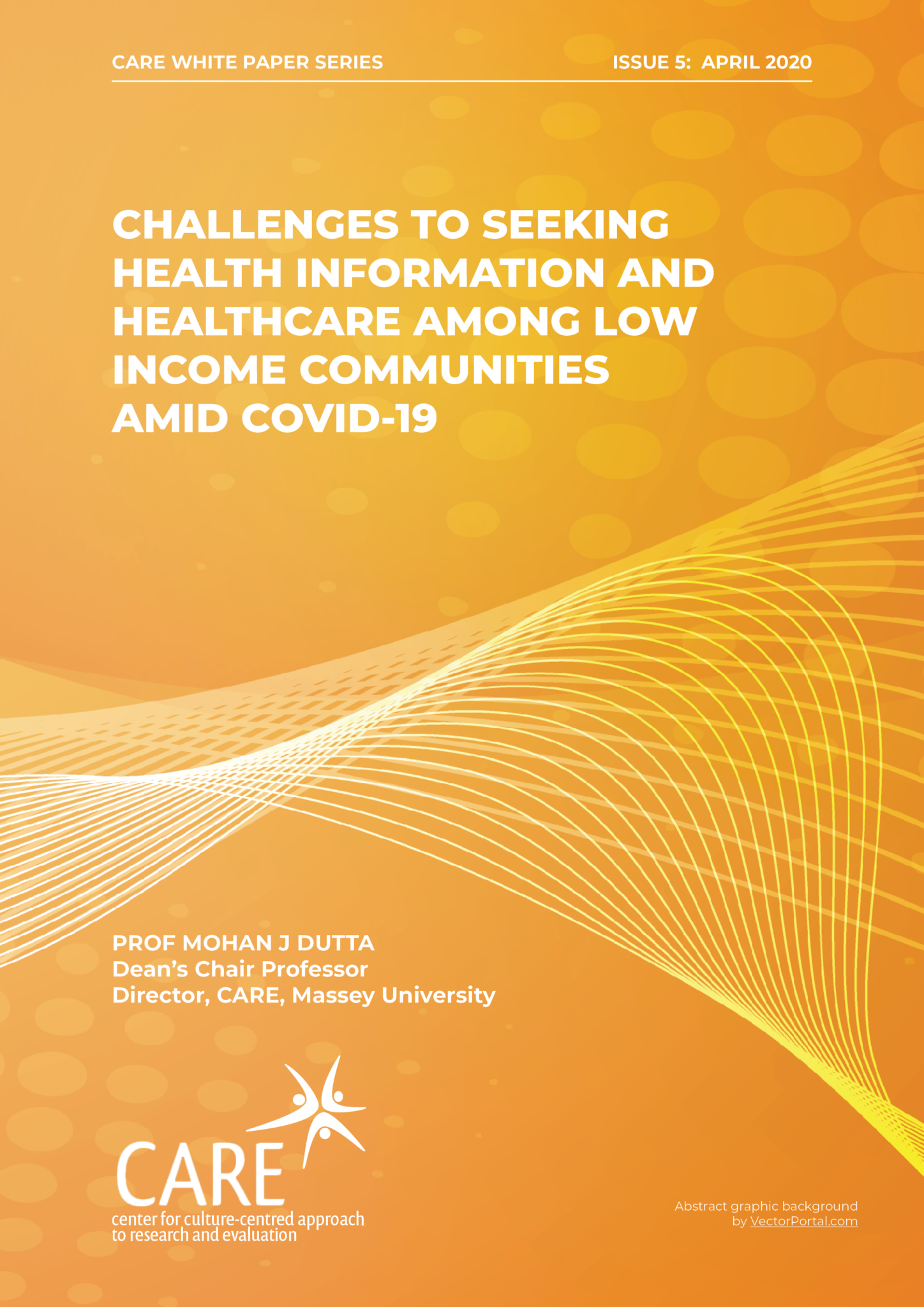
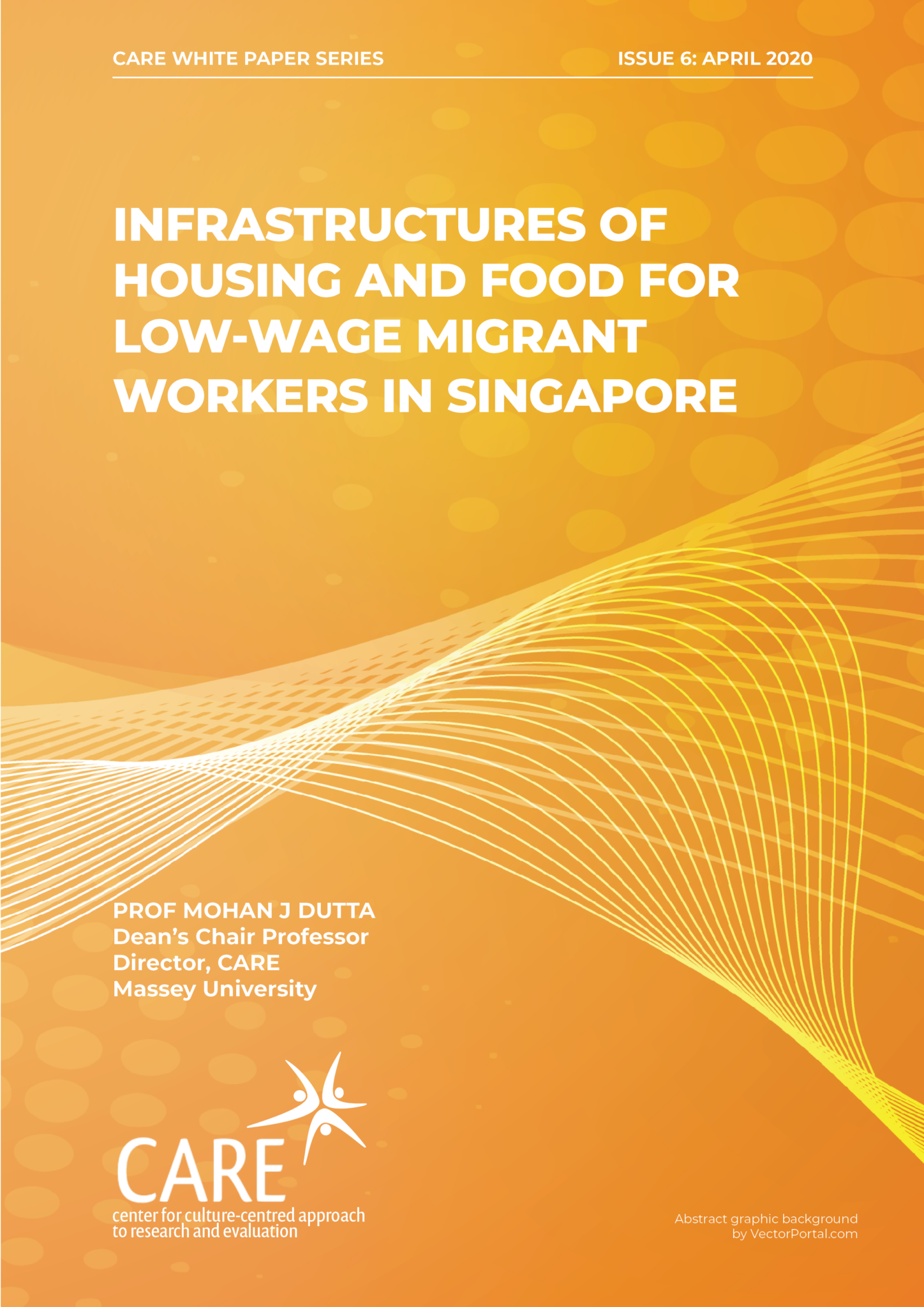
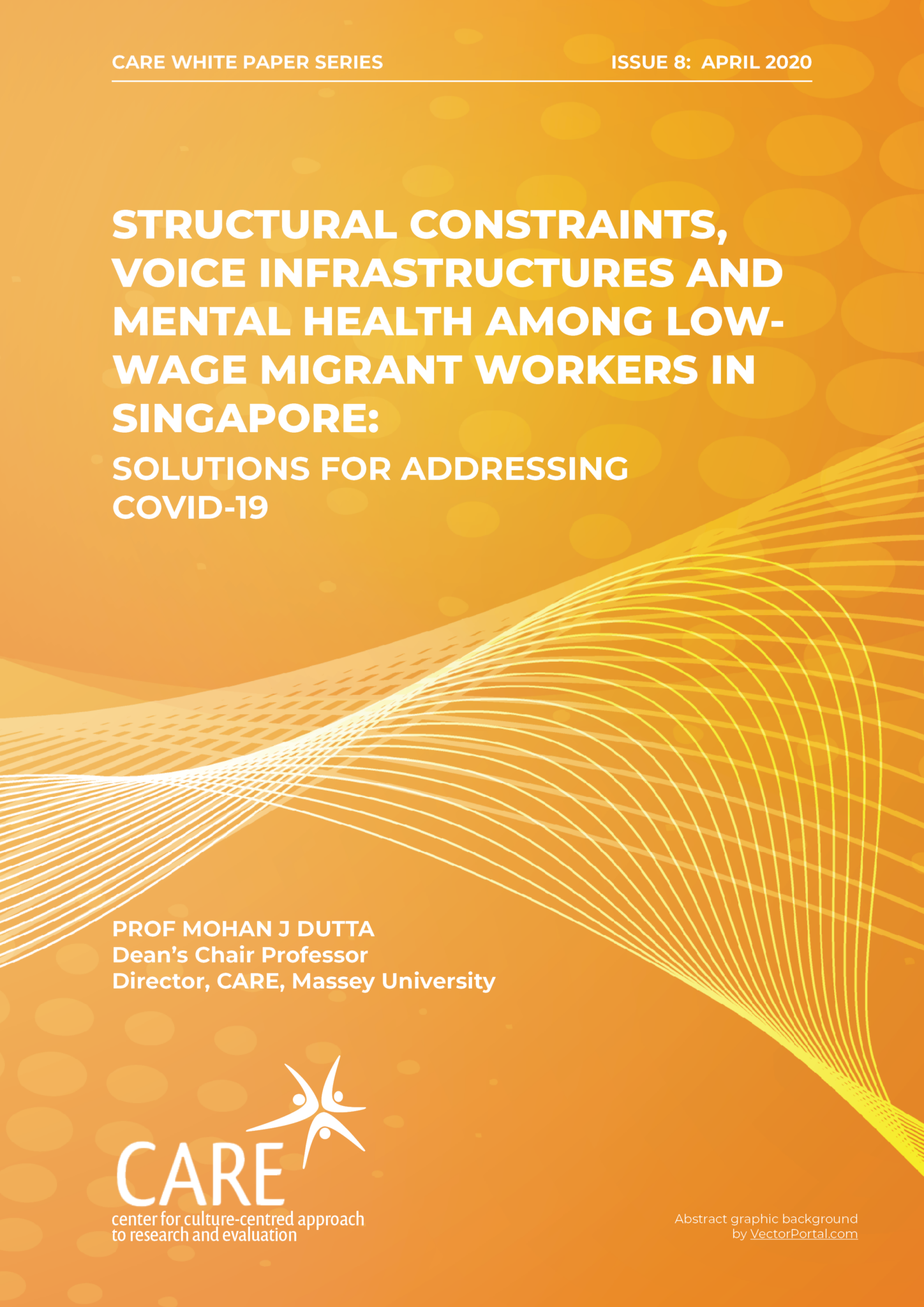
LECTURE SERIES
In this lecture series, we will cover the various aspects of health communication within the context of the COVID19 pandemic. From strategies of risk messaging, to community organizing, to systems of governance, to processes of structural transformation, we will explore the ways in which communication is constituted by the crisis and in turn, constitutes the crisis. Anchored in the key tenets of the culture-centered approach (CCA), the series will draw on lectures, conversations, and workshops with community organizers, activists, academics, and policy makers across the globe.
Lecture 12: (Im)migrants, Border Restrictions and Racism: Authoritarian impulses in the guise of coronavirus response
OPEDs

The Time for Communicative Leadership: Lessons from Aotearoa
We witness in Aotearoa’s COVID-19 response its accountability to the people, supporting a flexible infrastructure that is continually responsive to the pandemic and its changing nature.
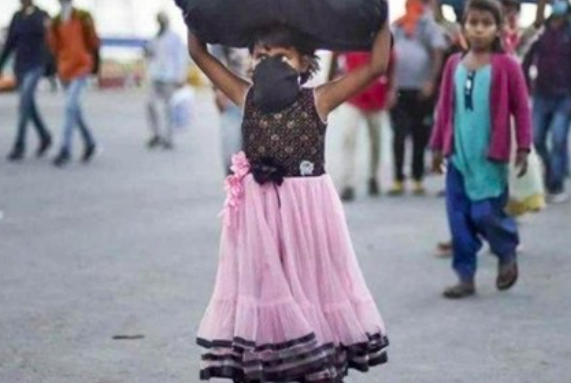
India’s Underclasses and the Depravity of our Unequal Societies
It takes a pandemic to render visible the deep inequalities that make up the highly unequal societies we inhabit.
